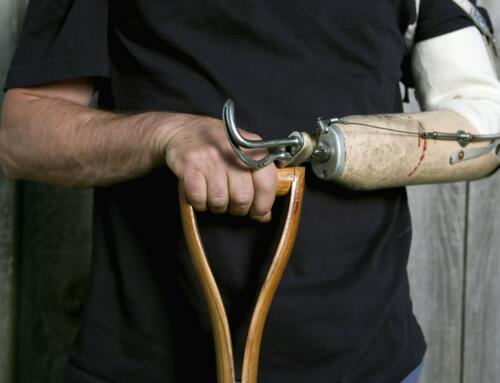An independent medical examination (IME) is a critical component of the workers’ compensation claims process in Pennsylvania. IMEs are conducted by a physician chosen by the employer or the insurance company to evaluate the medical condition of an injured worker. The purpose of an IME is to determine the nature and extent of the worker’s injuries. It is often the first step toward cutting off or reducing an injured worker’s benefits.
Under Pennsylvania workers’ compensation law, IMEs can be performed once every six months or whenever there is litigation where the injured worker’s medical status is at issue.. If the IME physician feels the injured worker is fully recovered or capable of working in some capacity, the insurance company can use this to support a petition to terminate or modify the claimant’s rights As such, it’s important for injured workers to be aware of the best practices for undergoing an IME.
The following are some of the best practices for undergoing an independent medical examination under Pennsylvania workers’ compensation law:
- Prepare for the exam. Injured workers should discuss the upcoming exam with a certified workers’ compensation attorney. Prepare by gathering all relevant medical records, including previous medical exams and treatment reports. They should also make a list of all their current symptoms and medical conditions, as well as any medications they are taking.
- Attend the exam on time and in appropriate attire. Injured workers should arrive at the exam on time and dressed appropriately. They should wear comfortable clothing and avoid wearing jewelry or other accessories that may interfere with the examination.
- Be honest and accurate about medical history. During the exam, injured workers should be honest and accurate about their medical history, including any pre-existing conditions that may have contributed to their injury. They should also be truthful about their symptoms and limitations. They should avoid exaggerating or downplaying their condition.
- Be cooperative and respectful with the examiner. Injured workers should be cooperative and respectful with the examiner throughout the exam. They should follow the examiner’s instructions and answer their questions to the best of their ability. They should also avoid arguing or becoming defensive during the exam.
- Bring a witness. Injured workers should bring a witness to the exam, such as a family member or friend. The witness can provide emotional support and take notes on the exam, which can be useful in the event of a dispute.
- Follow up with treating physicians. After the exam, injured workers should follow up with their treating physicians to discuss the results of the exam and any recommendations made by the examiner. They should also provide a copy of the IME report to their treating physicians.
- Seek legal advice. Finally, if the injured workers didn’t do so prior to the exam, they should seek legal advice from a certified workers’ compensation attorney. An attorney can help injured workers navigate the claims process, including IMEs, and can advocate
It is important to understand that workers’ compensation is a complicated area of the law. The insurance company has lawyers. Shouldn’t you? Call the Law Offices of James V. Monaghan for a free consultation from an attorney certified by the Pennsylvania Bar Association as a specialist in Workers’ Compensation.







